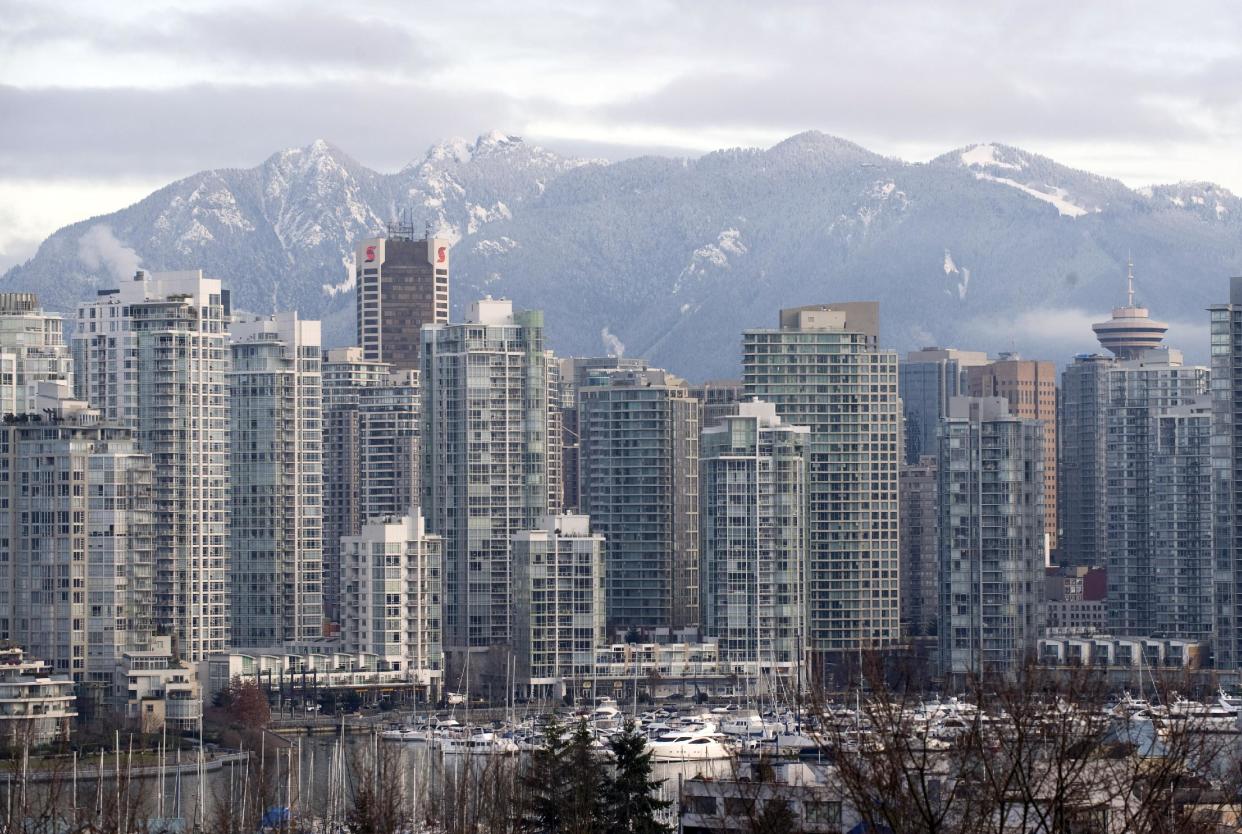 Daily Brew
Daily BrewNearly a quarter of Vancouver’s condos are empty, but Gen Y still can’t afford to buy in

They're called Generation Y, aged 19 to 33, and the Y could stand for "why can't I afford to buy a home?"
A survey conducted for the real estate firm Royal LePage shows most want to own their own home at some point but a majority worry they'll never be able to afford one as the gap between house prices and their earning power widens.
Most Gen Ys see renting as a short-term solution but almost three quarters of respondents to the Leger Marketing poll in September were pessimistic about being able to own a home. More than 40 per cent also said the federal government's tighter mortgage rules affected their ability to buy.
Interestingly, 66 per cent of Baby Boomers in the poll — which had an error margin of plus or minus three per cent 19 times out of 20 — also worried about home affordability.
The affordability issue is especially acute in British Columbia, where about one in five Gen Y respondents found renting preferable to home ownership, compared with less than 15 per cent nationally, and almost 40 per cent said they expected to rent their next primary residence.
[ Related: Canadian home prices 20 per cent overvalued ]
The high cost of home ownership was largely responsible for putting Vancouver 52nd on the MoneySense list of best places to live in Canada.
Part of the problem may be the distortions created by offshore investment in Vancouver's condominium market. The Globe and Mail reports almost one in four Vancouver condos is empty or occupied by non-residents, according to an analysis by University of British Columbia planning professor Andrew Yan.
The overall rate of empty apartments and houses is much higher than in other Canadian cities, looking more like New York and San Francisco during the U.S. mortgage crisis, the Globe said.
In Vancouver's bustling downtown, where a forest of condo high-rises has sprung up over the last 20 years, the number of empty units equals 35 towers, each 20 storeys high, the Globe said.
Vancouverites have debated the effect of foreign — mainly Chinese — involvement in the city's real estate market for years, and Yan's analysis contradicts claims made previously that the phenomenon is not distorting the market.
The web site Vancouver Condo Report, said earlier in March wealthy Mainland Chinese buyers, spooked by their government's attempt to cool the domestic real estate bubble, have been big players in the Vancouver market the last few years.
"Some realtors estimate that Mainland Chinese make up 80 per cent of Westside sales," the report says. "The effect of wealthy Chinese buyers on prices in very noticeable.
"The average MLS selling price for Westside high rise condos in the first quarter of 2011 was $792,000; up by 11 per cent from the previous year. For the same period, average MLS prices for downtown high rise condos were $683,000; a 14 per cent increase over the previous year."
While sellers are happy, it leaves less well-heeled local home buyers out of luck, the article concludes.
Yan, who used 2011 census data in his analysis, estimated Metro Vancouver has between 15,000 and 20,000 vacant housing units.
While it's impossible to know exactly why so many condo apartments are empty, Yan said the data indicates Vancouver is creating neighbourhoods that appear dense but actually aren't because they don't have an active full-time population, the Globe said.
“What kind of community are you living in if there are that many empty?" real estate consultant Richard Wozny asked the Globe, reacting to the figures.
"For a city to have that kind of vacancy, it’s like cancer. It distorts density and it’s delaying the impact. It raises the question ‘Are we over-building?’”
[ Releated: Real estate marketer admits to deceiving Vancouver reporters ]
Tsur Somerville, a housing analyst at the university's Centre for Urban Economics and Real Estate, said the data he's seen also shows Vancouver built more housing in the 2006-2011 period than the number of new households added in that time.
There's nothing wrong with investor-owned condos, as long as they're occupied, Somerville told the Globe.
“The problem is vacant units, since that’s demand for real estate without housing people," he said.



